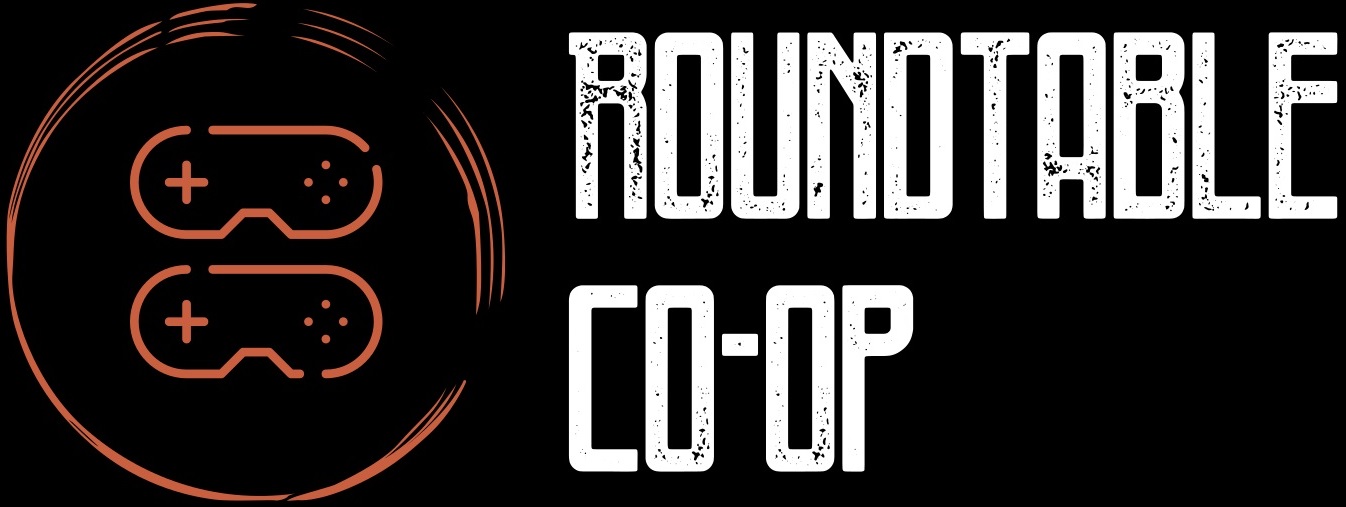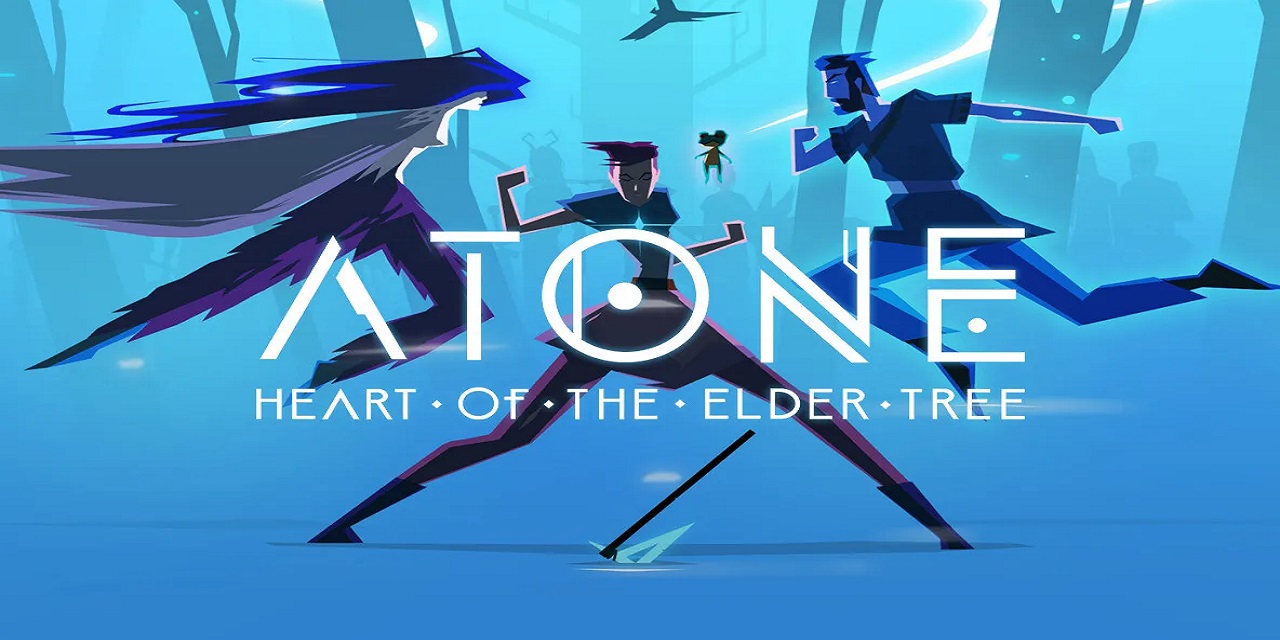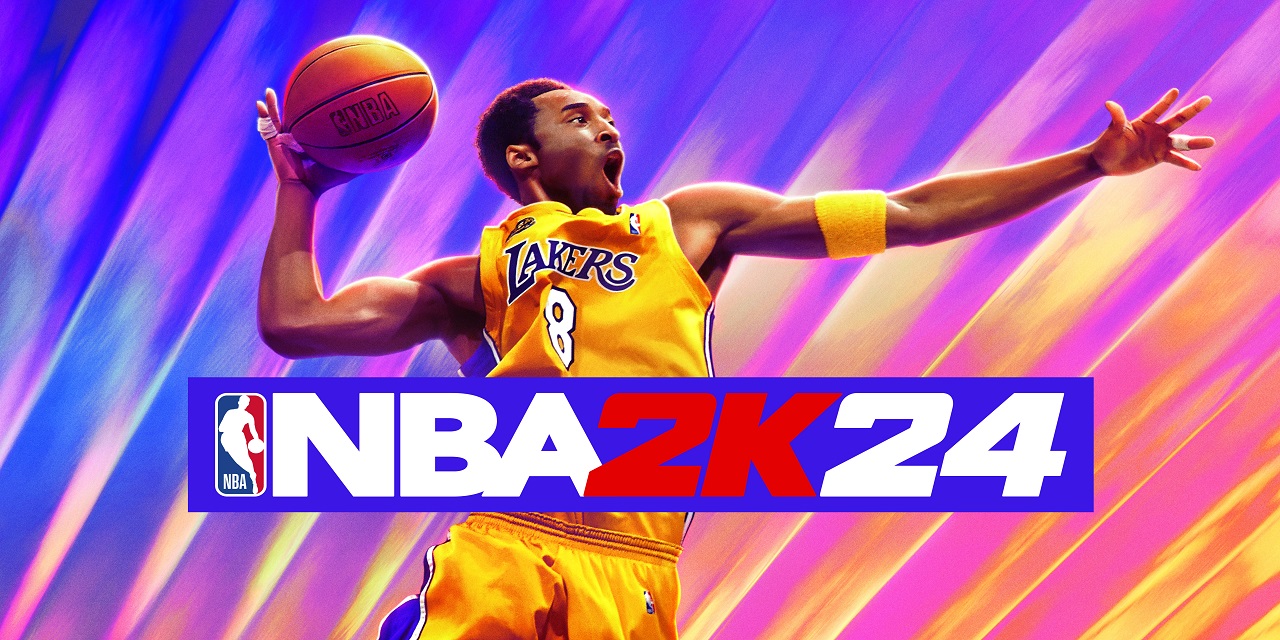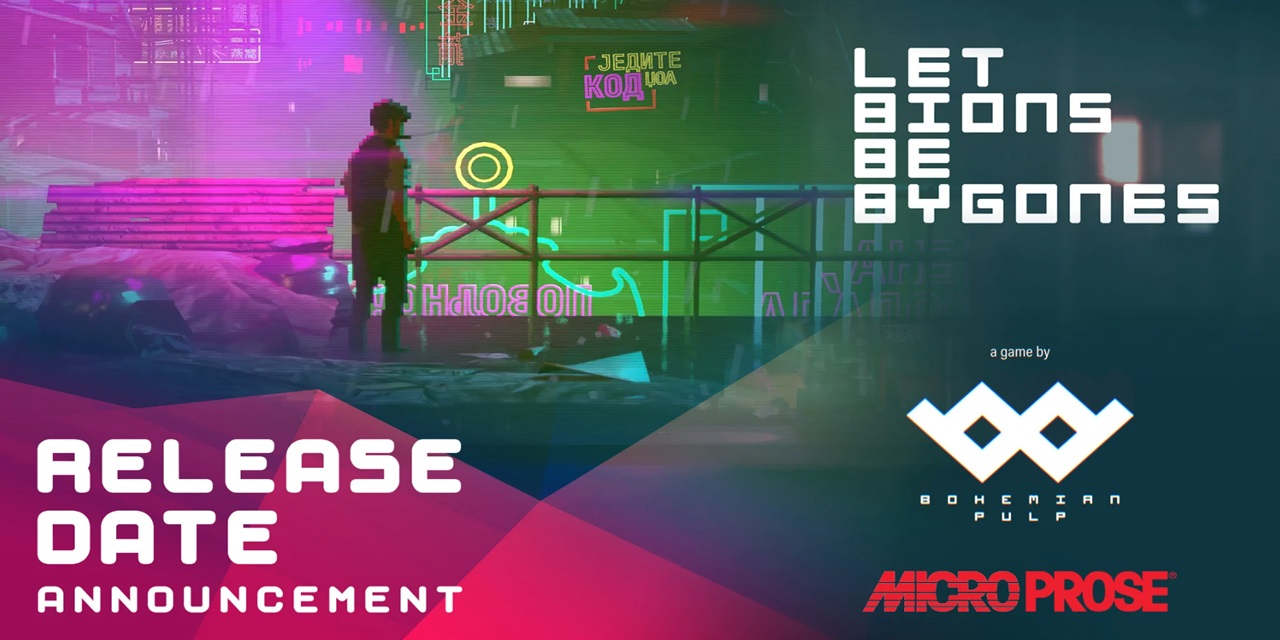ATONE: Heart of the Elder Tree is a story-driven rhythm combat RPG developed by Wildboy Studios out of New Zealand and published by Untold Tales. It releases on January 28, 2023, for us Aussies on PC and Nintendo Switch (PS4 release coming soon), though originally released as a mobile game back in 2019. I had not heard of the game until recently when I was captivated by the musical soundtrack and guitar hero style combat sequences in the trailer. Having rolled credits on the game, it’s an emotional story played out amongst solving puzzles, and the engaging musical combat is both addictive and challenging on hard difficulty.
The gods have abandoned the realm of Midgard and left the mortals behind to deal with the fallout. With Odin’s chosen guardians gone, the sacred Elder Tree, which they swore to protect, is exposed to abuse and manipulation. Now, the only remnants of hope reside in Estra, the daughter of mankind’s last great leader. Players will meet and converse with a slew of diverse characters, explore a haunting take on Midgard and make choices that influence your story and ending.
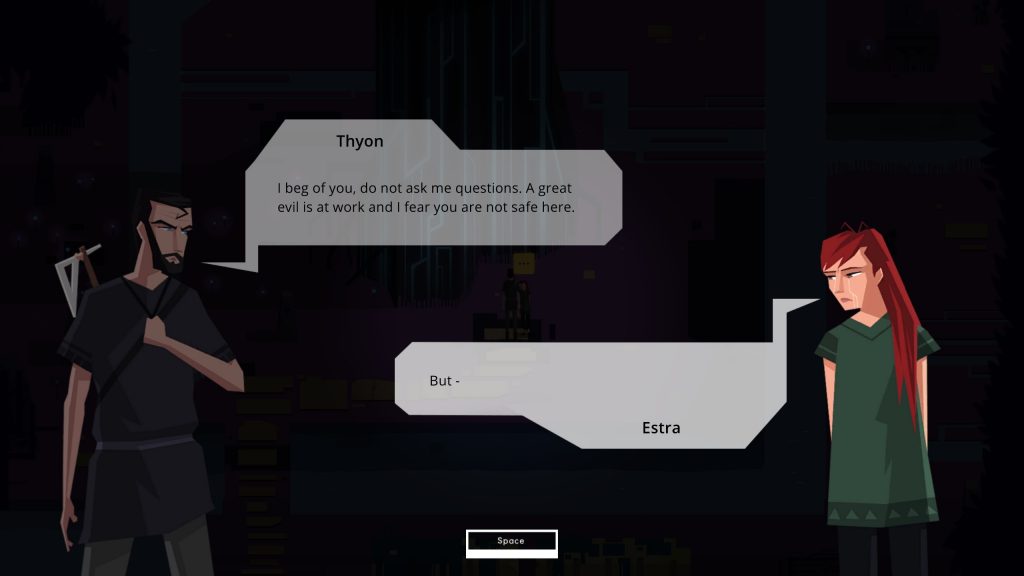
The game’s art is all hand-drawn with striking and vivid colours that help distinguish the characters from the abstract environments around them. Played from an isometric view and using WSAD to navigate, exploring each area was simple, though early on I bumped into a lot of boundaries such as fences or edges of water to learn what we can or cannot walk over. In each area there are people to talk to and things to interact with that have speech bubbles over them. Yellow icons are ones that will advance the story, while the others are optional to do, however give you greater insight into the setting and Norse mythology.
There are also things like herb plants, bread and other objects that you can collect if you have a keen eye. Aside from bread which gives health points, I didn’t find a use for them during my playthrough. Some objects you pick up convert straight to the game’s currency, however others I didn’t get to use at all. In doing some reading, there are potions you can craft and I either glossed over them at the time or completely missed them. I know that I finished my first play through earning just 23 out of 60 achievements, and that’s partly due to the decisions I made along the way.

You generally earn an achievement for each puzzle solved, and for majority of the game they used pretty standard logic to solve. You can ask for a hint at the cost of a wisdom point (that you can earn throughout the game), and some puzzles only give you one chance to solve it. There were a few in the middle of the game that had me pause and think for a bit, and eventually figured them out. While towards the end of the game, I failed a couple of the single-attempt ones, and there was one or two that I just could not figure out at all, so had to skip them. I did often play late at night so that likely didn’t help my efforts.
At various points, cutscenes will play and many are there are some emotional hits to the characters involved. These are voice acted very well, while dialogue in the main game is just speech text that you must read. It’s the music that does the emotional heavy lifting, and I loved every track that I experienced. Composed by Australian artist Luminist, the soundtrack at the heart of ATONE is a synth-heavy score mixed with digitally corrupted sounds of period-specific instruments. It matched the setting and mood of the game perfectly, though the music was emphasised as you played out rhythm battles.

Each fight features its own song, and for me playing on PC, I used the numbers 2 and 9 to hit the notes as they scrolled down the screen, guitar hero style. There are moments where you need to hold a note down, and other times the lines of notes move out to the sides of the screen, as the epic battle plays out visually. I don’t know if it is just me, but my focus was solely on hitting the right buttons when required, that it was rare that I got to actually see what was happening in the battle. Also, when the lines of notes moved and spread to the edges of the screen, I sometimes struggled to maintain the rhythm until they moved back into the centre again.
Despite those niggling issues that I feel could just be a me-thing, I absolutely loved these combat sequences, and the music was perfectly suited. I played on normal difficulty and only used two buttons. There is a hard mode which uses four buttons, and in the main menu is an Arena option. In here you can replay battles without affecting the story, but this is a great way to practice for later battles in the game. The final battle was epic, and it took me at least ten attempts to finally beat on normal mode. There was a section in the middle where the song goes hard and I made a heap of mistakes each time, but finally got through it.

Overall, ATONE: Heart of the Elder Tree is an emotional story played out amongst solving puzzles, and the engaging musical combat is both addictive and challenging on hard difficulty. I did struggle on some later puzzles and songs on normal mode, but it was the intriguing story that had me hooked from start to finish and was heartfelt along the way.
This review utilised a Steam key provided by Wiretap Media and ATONE: Heart of the Elder Tree will launch January 28, 2023 for us Aussies on PC and Nintendo Switch, while PlayStation 4 will launch at a later date.
#roundtablecoop
